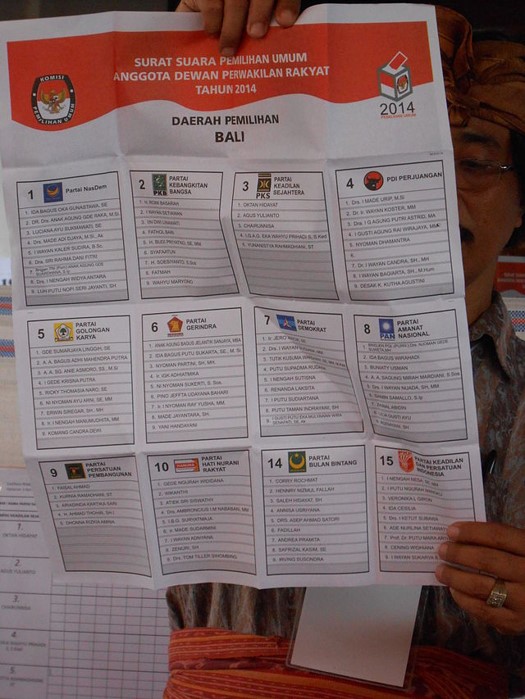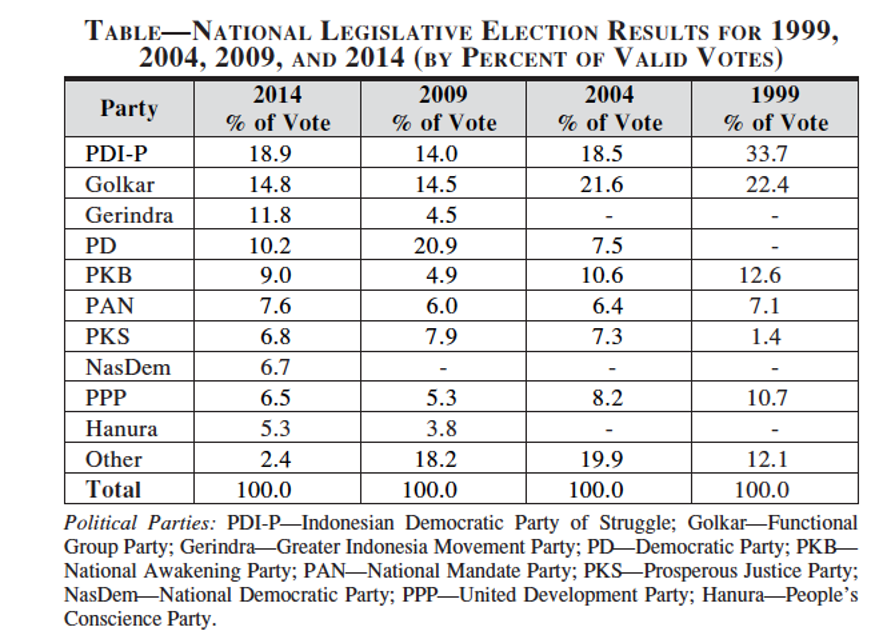Lecture 5.2
Vote Buying
Emmanuel Teitelbaum
Public Goods
What is a Public Good?
- Non-excludable: can’t restrict use once provided
- Non-rival (jointly supplied): once available, can be consumed by others at no additional cost
- Opposite of a private good, distinct from “club goods” and “common pool resources”
Examples

Relevance
- Public goods associated with programmatic politics
- Clientelism associated with club goods and private benefits
Geography of Clientelism
Embedded Liberalism
- Embedded liberalism: spending on social programs to generate and maintain popular support for liberal economic policies
- 1990s—emphasis on neoliberal “Washington Consensus” policies
- Get the macroeconomics right, rest will follow
- “Trickle down” economics
- This consensus was challenged by Asian Financial Crisis of 1997
Asian Financial Crisis
- Showed that even in rapidly growing region, poor remained vulnerable to economic shocks
- In Indonesia, half the population was vulnerable to food price shocks and rising unemployment
- Since the turn of millennium, policymakers have focused on building safety nets for the vulnerable
- Shift in thinking affected policy affected almost every region: Latin America, Africa, South and SE Asia
Welfare States in Developing Countries
- Noncontributory social assistance
- Direct transfers, frequently conditional
- Social insurance
- Protection against loss of employment
- Health care schemes
- Labor market policies
- Minimum wage, terms and conditions of work, resolution of industrial disputes, etc.
- Education spending
Southeast Asia Examples
- Malaysia
- Universal healthcare alongside private system
- Free primary and junior secondary education
- Thailand
- “30-bhat scheme”
- Free education through secondary school
- Indonesia
- Jaminan Kesehatan Nasional (JKN)
- Universal healthcare scheme introduced in 2014
- Covers > 200 million people, largest single payer scheme in the world (Augustina et. al. 2019)
Vote Buying in Indonesia
Discussion
- What is a “success team”?
- How does clientelism in Indonesia differ from clientelism in Latin America?
- What changed in 1999?
- What is a “ground war” and how is it fought?
- When is vote buying successful? What does it achieve?
Electoral Systems
Closed and Open-list PR
- PR versus SMD
- Closed-list PR (most systems)
- Party controls who is on list, and ranking of candidates
- Generates loyalty to party
- Open-list PR (Indonesia)
- Vote for individuals not parties
- Candidates with most votes get seats
Ballot Example

2014 DPR (People’s Representative Council) ballot for Bali. One punch for party and one for a candidate
Election Results

Source: Aspinall, 2014
Brokers
Tim Sukses
- “Success teams”
- Important due to general weakness of parties
- Hierarchical, pyramid-like structures
- Brokers are notoriously unreliable
- Predation, defection, duplicity
Effectiveness
- Base areas
- Tim sukses, vote buying more effective
- But required to stay relevant
- In non-base areas
- Community gifts and become more important
- Success depends on influence of community leaders
- Quid pro quo is expected but difficult to enforce
Comparisons
- Argentina
- India
- North vs. South
- Sub-Saharan Africa
- Similar variation
- Hypothesis: clientelism is stronger where parties are weaker
Geography of Clientelism
Exercise
- Split up into groups
- Plan a ground war for Arief Wismansyah
- What are your targets and expected results?
- How would you…
- Organize success teams
- Decide on number of brokers to recruit
- Pay and manage brokers
- Choose level of funding and types of gifts
Conclusion
Conclusion
- Public goods
- Social spending in SE Asia
- Indonesia case
- Electoral system
- Vote-buying vs. club goods
- Success of clientelist strategies
- Discussion/Q&A

Social Spending in SE Asia